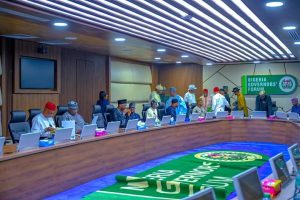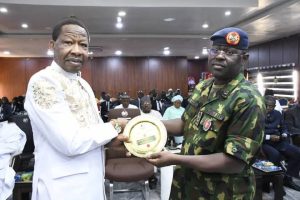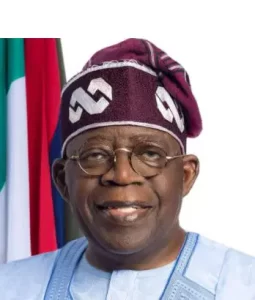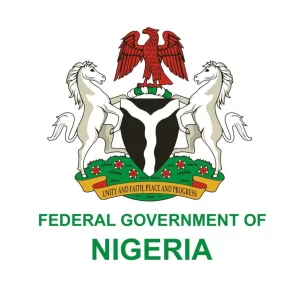Abducted editor Segun Olatunji has resigned from his position at FirstNews following an apology issued by the media house’s management to the Chief of Staff to the President, Femi Gbajabiamila. Olatunji, who spent two weeks in detention after being abducted by military personnel from his Lagos residence on March 15, 2024, cited concerns for his safety and that of his family as the reason for his resignation as the General Editor of FirstNews.
Reports indicate that the newspaper’s management apologized to Gbajabiamila over a recent news article published on its platform. The article, authored by Olatunji, bore the title “How Gbajabiamila attempted to corner $30bn, 66 houses traced to Sabiu.”
In a statement released on Wednesday, the management acknowledged that the story contained “falsehoods and fabricated stories handed out to us as facts by a misleading source, which was highly negligent on our part and for which we deeply tender an unreserved apology to the Chief of Staff to the President.”
“As a responsible media organization, we wish to state very categorically that we have no malicious intent towards the person of the Chief of Staff to the President or his office. Hence, our decision to tender an unreserved apology and the need to publish a retraction of the said story,” the management added.
Subsequently, Olatunji submitted his resignation letter to the Publisher/Managing Director of First Media Network Limited on Wednesday. He expressed his decision in light of the developments concerning the Gbajabiamila story and the stance taken by the company’s management.
“While appreciating the opportunity to work with the organization, Olatunji expressed hope that the management of First Media Network Limited, publishers of FirstNews newspaper, would promptly settle the one-year outstanding salaries owed to him,” he said in his letter.
Olatunji, a former Kaduna State correspondent of The PUNCH, was abducted in March and taken to the custody of the Defence Intelligence Agency in Abuja, where he endured two weeks of inhumane conditions. He was eventually released following sustained media pressure.
Media stakeholders, including the Nigerian Guild of Editors and the Newspapers Proprietors’ Association of Nigeria, demanded an investigation into the incident, leading to a meeting between the DIA and the Nigerian Press Organisation, the Broadcasting Organisation of Nigeria, and civil society partners.
In April, the media stakeholders referred the matter to the National Media Complaints Commission, recognized as the National Media Ombudsman, following the DIA’s disposition. They expressed hope for a resolution in line with Nigeria’s constitution and the principles of law and order.





